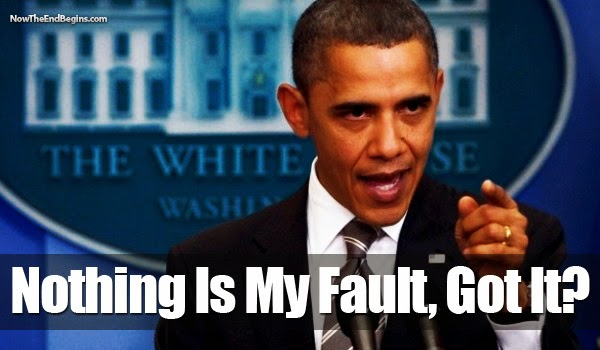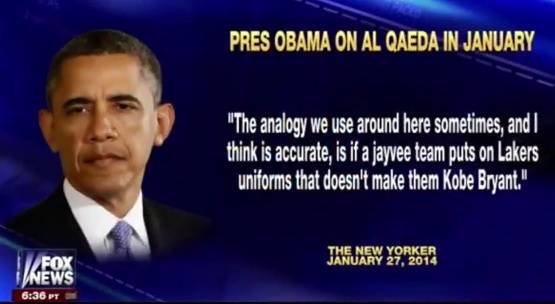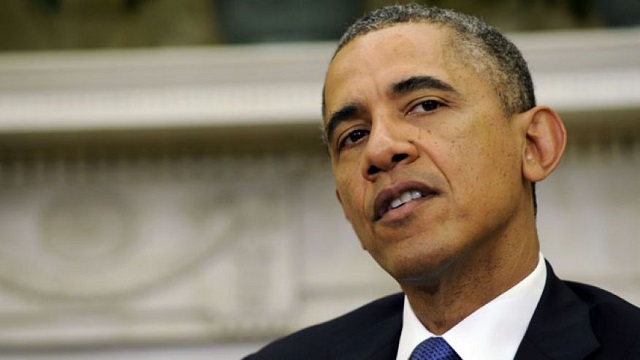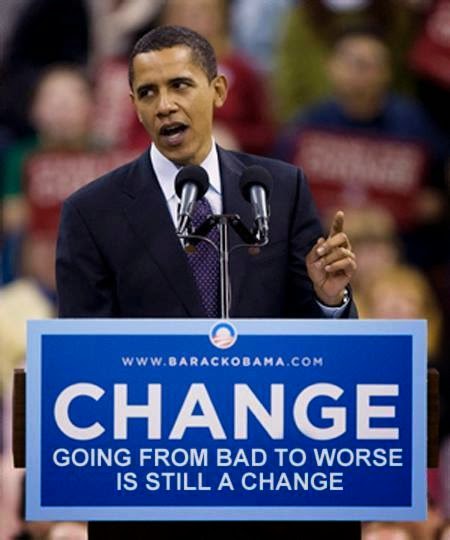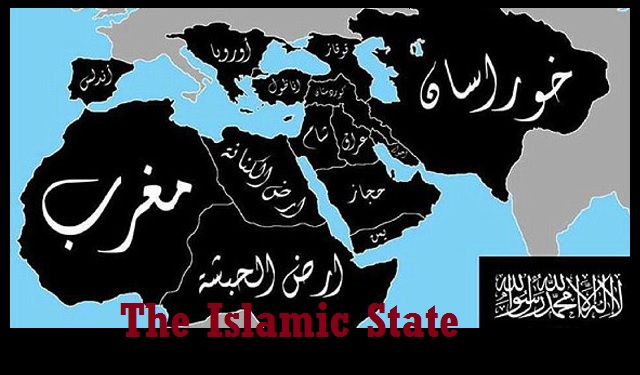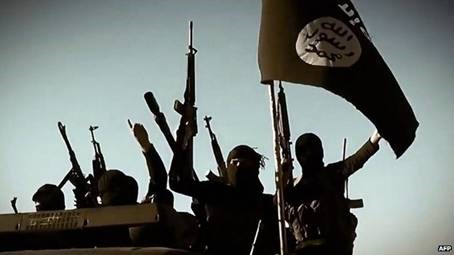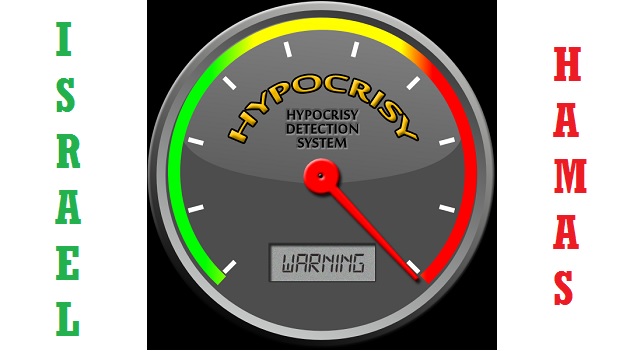Critics were right about Obama’s incompetence
During the past six years, some Republicans and conservatives have described President Obama and his administration as totally incompetent. I have harshly criticized those who would use such incendiary language because it showed total disrespect for the office of the presidency. Though I still think this language is totally inappropriate, I have come to agree with the point they were trying to make: this administration is in way over its head. Obama and his team constantly lie to the American people (IRS, Benghazi, illegal immigration), they put the interests of others before the interests of Americans, and they are obsessed with the notion of being “liked.”
Two weeks ago, President Obama told us that he “intends to destroy the Islamic State of Iraq and Syria (ISIS) without putting American boots on the ground.” Everyone who follows politics and foreign policy knew Obama was lying. This is what his former Secretary of Defense, Robert Gates, had to say, “There will be boots on the ground if there’s to be any hope of success in the strategy… I think that by continuing to repeat that [there will be no boots on the ground], the president in effect traps himself.”
Obama refuses to admit the obvious simply because of the upcoming mid-term elections. His liberal base would defect en masse from Democratic candidates all across the country if he actually told the truth.
Then again, this is the same president who has constantly lied to those in the country illegally about giving them amnesty by executive fiat. He has now promised to do it after the elections in November. Remember, one of the main tenants of liberalism is “intent.” Obama will argue that he didn’t “intend” to put boots on the ground, but circumstances on the ground changed. He “intended” to give illegals amnesty, but if Republicans take over the senate, he can’t.
As a U.S. Senator and a candidate for president in 2008, Obama was a very harsh critic of Bush’s war in Iraq. Yet, in six years as president, he has continued the Bush doctrine in foreign policy (attempting to spread “democracy” around the world).
According to the London based Bureau of Investigative Journalism (BIJ), “Since becoming president in 2009, Obama has launched over 330 drone attacks in Pakistan alone; Bush only launched 51 in four years.” When you add in Yemen and Somalia, according to this same report, the total jumps to 390 drone attacks and have killed more than 2,400 people (273 of whom were innocent civilians).
Many Democrats called for Bush to be tried as a murderer and a war criminal. So what does that make Obama?
This administration thinks that everyone is “entitled” to be in the U.S., whether they entered legally or not. They are providing five-star accommodations for illegals, while American citizens are increasingly homeless, more likely to be unemployed, and less educated.
In essence, Obama and his administration actually think he was elected to be president of the world. They think they and we Americans should be willing to sacrifice our own standard of living to provide relief to those around the world who are less fortunate than us. Not even Jimmy Carter displayed this level of arrogance and disdain toward his own country and its people.
We are not responsible for the problems of the world. How do you justify allowing illegals into the country under the guise that “they are just looking for a better life in America” when Americans are looking for the same thing – in their own country?
In the 1980s, Cuba unlocked its jails and dumped the worst of their worst into the U.S., which led to the drug cartels wreaking havoc in Miami. Now we are allowing the most unskilled illegals to enter into our country from Central America and wreak havoc on the inner cities as well as the suburbs.
As president of the world, Obama really believes that we should have no borders, even if it jeopardizes our national security. Our intelligence community has already publicly and privately admitted that terrorist from the Middle East have already entered into the U.S. from Mexico.
Obama really thinks the sheer strength of his magnetic personality will get Iran to give up its nuclear program, get Putin to return U.S. traitor Edward Snowden to the U.S. and cause Bashar al-Assad to leave the presidency of Syria.
In trying so hard to be liked, world leaders don’t fear or respect him. As Niccolò Machiavelli said, “It is better to be feared than loved, if you cannot be both.”
Obama is neither.





